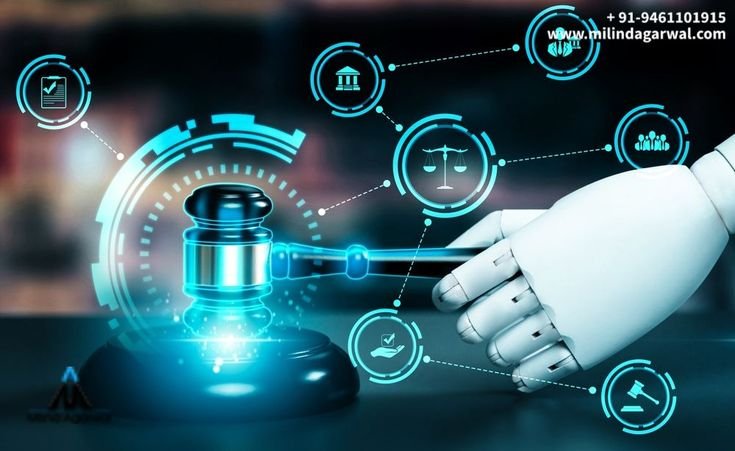As the legal industry continues to evolve, there is an emerging technology that arbitrators should now pay attention to: generative artificial intelligence. ChatGPT is one of the generative AI tools that has generated a lot of interest in the field of law over recent months, as lawyers have begun to integrate it into their practice. Here’s why arbitrators should pay attention to it and start experimenting with it now outside the arbitration sphere to better understand how to use it within this sphere:
Increase productivity
ChatGPT has the ability to significantly simplify the arbitration process. Thanks to its natural language processing capabilities, ChatGPT can analyze and summarize huge amounts of data quickly and relatively accurately. This means that lawyers can be faster and more efficient in analyzing documents and preparing briefs in arbitration. Thus, arbitrators can expect an increase in productivity from lawyers, which will lead to more efficient and effective arbitrations.
Cost reduction
With increased productivity comes a reduction in the cost of Arbitration. Lawyers will spend less time reviewing documents and preparing cases, which allows them to charge their clients less. In addition, the use of ChatGPT by lawyers can help avoid unnecessary delays that may arise from lengthy document reviews, which also contributes to reducing the cost of Arbitration.
Experience is essential
It is important for arbitrators to start experimenting with ChatGPT now, outside the scope of their arbitration practice. Through this, they can get a better understanding of how this technique works and how it can be used to improve the arbitration process. Since ChatGPT is still relatively new, it is likely that there are many undiscovered uses of the technology that can be discovered through experience. Experiments should be limited to tasks not related to actual arbitration, and in all cases care should be taken to avoid including confidential arbitration information using tools that ensure compliance with the confidentiality duties of arbitrators under the code of ethics of arbitrators in commercial disputes and the rules of the American Arbitration Association.
Understanding is essential
It is also necessary for arbitrators to understand both the advantages and limitations of this technology and how to use it in conjunction with existing procedures and processes. ChatGPT and other tools for generative artificial intelligence are not error-free and may reflect biases inherent in the datasets that rely on them, so whoever uses this technology is responsible for making sure the final work is accurate. Arbitrators should also be aware of how both Canon I of the code of ethics (which maintains the integrity and fairness of the arbitration process) and Canon V (Prohibition of delegation of duty in decision-making and the importance of transparency) affect their use of ChatGPT during the arbitration process. It is important that if arbitrators begin to use ChatGPT in arbitration proceedings, to ensure transparency and compliance with their ethical duties, they should inform the parties how to use the tool. The American Arbitration Association will provide further guidance on the ethical considerations of arbitrators ‘ use of ChatGPT.
Technology is rapidly accelerating
Finally, the arbitrators should understand that this technique is rapidly accelerating. New advances in natural language processing and machine learning are being made daily, and it won’t take long before ChatGPT becomes more powerful than it is today. By paying attention to ChatGPT now, arbitrators can be on top and be ready to take advantage of new advances when they become available.
Abstract
In conclusion, ChatGPT is a powerful technical tool with great potential to revolutionize the arbitration process. It can help arbitration participants increase productivity, reduce arbitration costs, and be at the forefront of a rapidly changing industry. It’s time for the arbiters to start paying attention to ChatGPT and try it now, before they miss the train.

